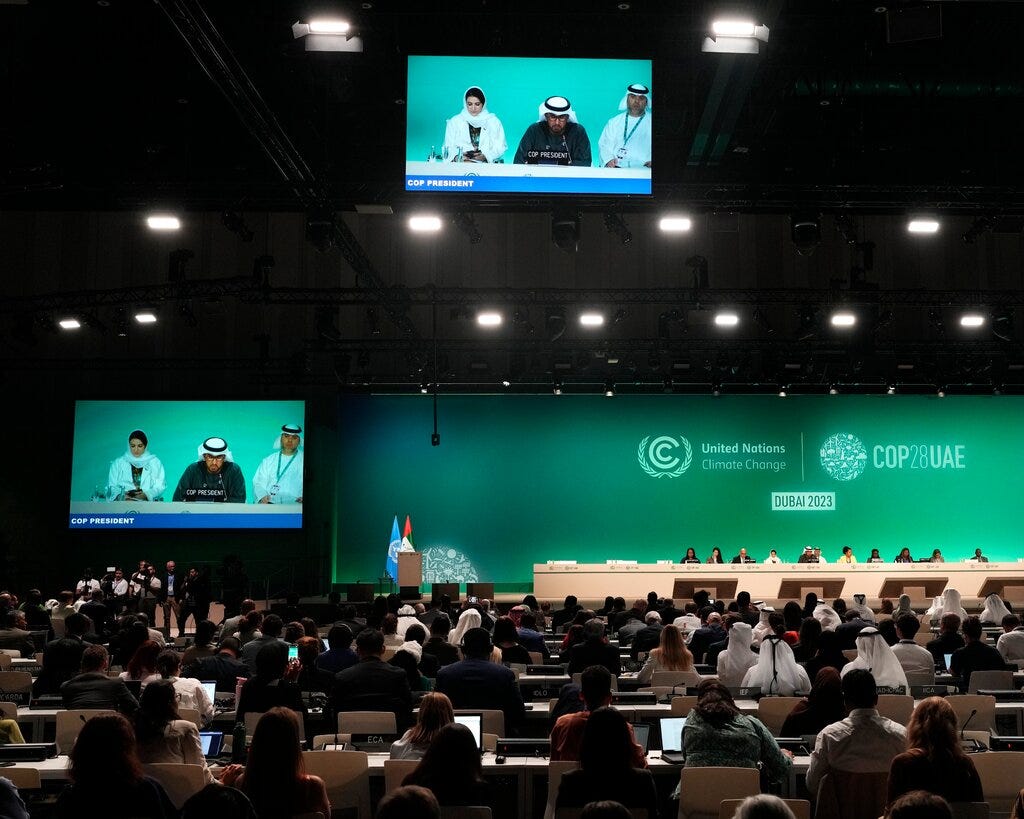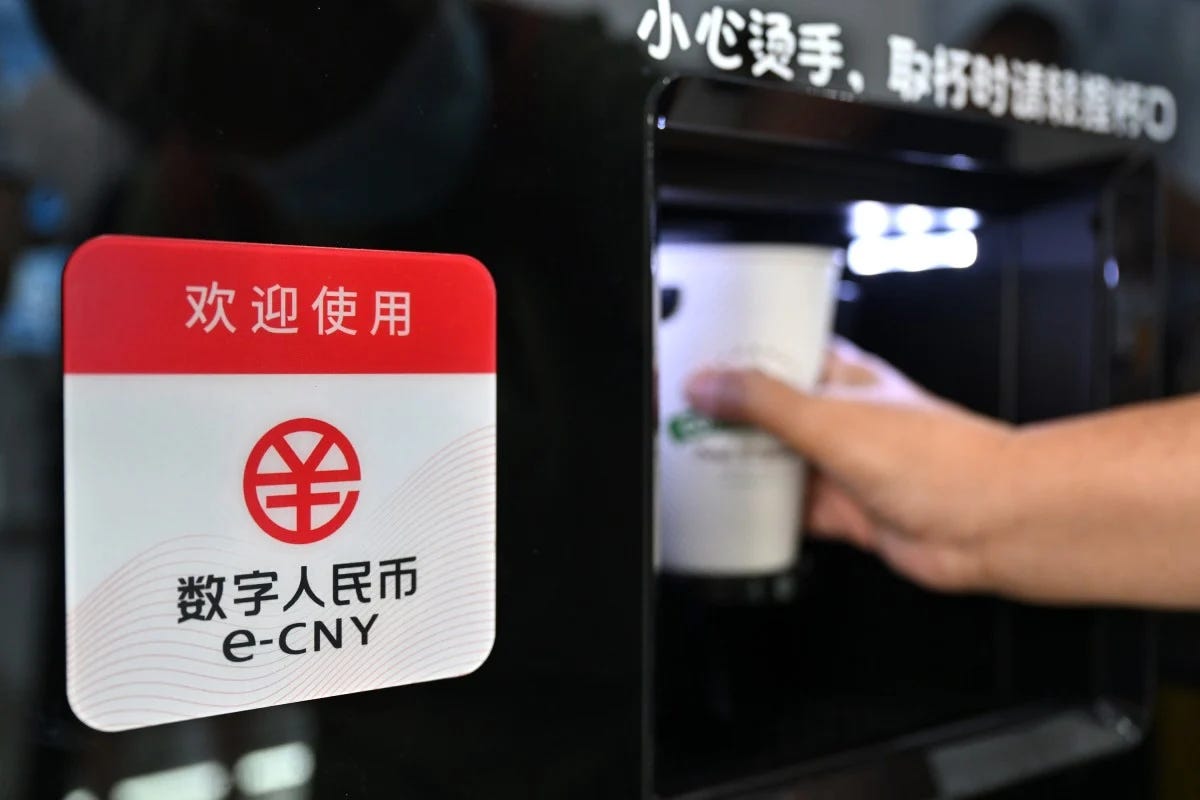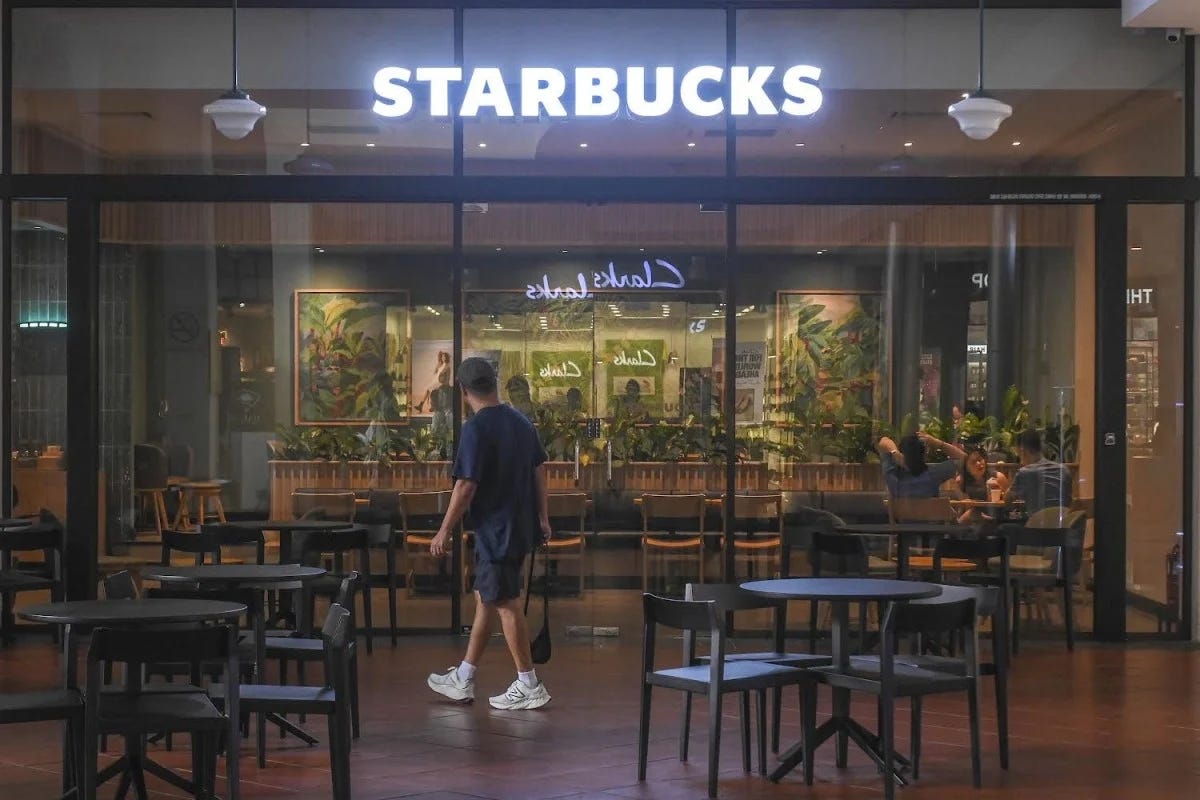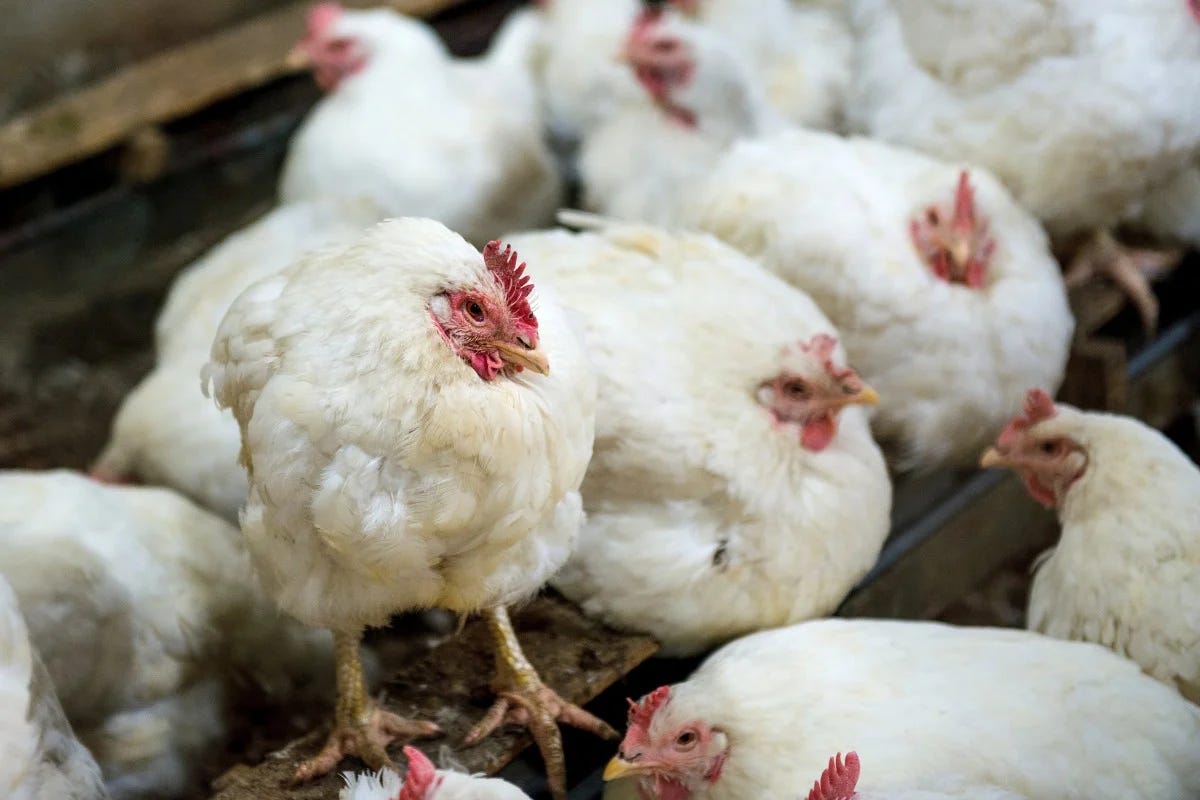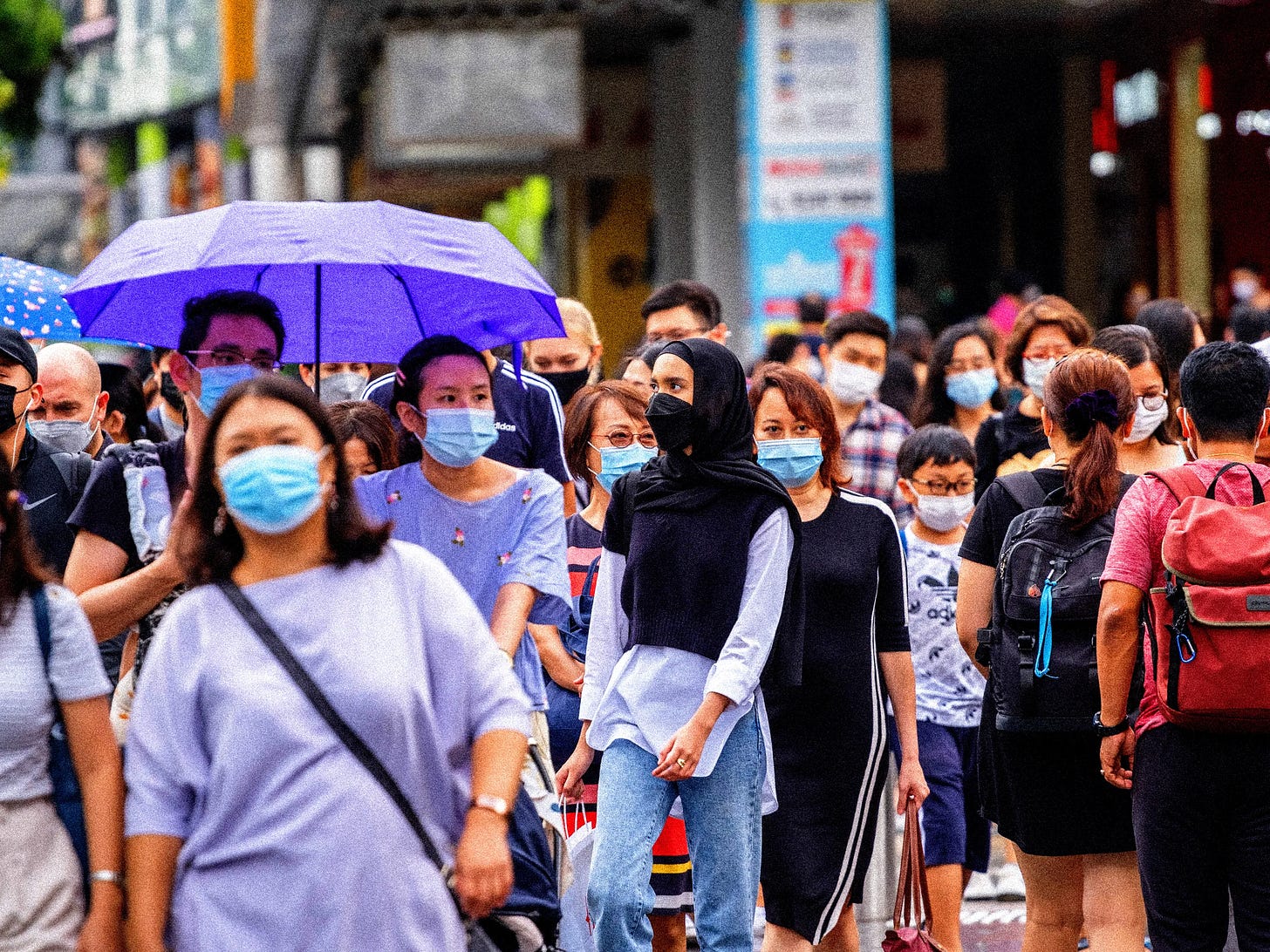Southeast Asian & World Briefs (12 Dec): UN Climate Talks controversy, Singapore-China's digital Yuan pilot, Malaysia's Starbucks boycott, and Singapore's health alerts
Welcome to Tuesday, readers!
In this issue, we spotlight the contentious UN climate talks, where the draft's approach to fossil fuel reduction has sparked significant backlash, highlighting the complex interplay between environmental imperatives and geopolitical interests.
We also examine the groundbreaking pilot program between Singapore and China, introducing cross-border digital yuan payments—a move that could reshape financial interactions in the tourism sector and beyond.
Additionally, we navigate through Malaysia's socio-economic landscape, where Starbucks faces a boycott amidst the Gaza conflict, reflecting the powerful influence of global politics on local markets. Lastly, we touch on Singapore's proactive measures against the H5N1 bird flu outbreak and its ongoing battle with rising COVID-19 cases.
Let’s get right into it!
Tables of Contents and Summaries
Geopolitics
📜 UN Climate Talks Draft Faces Backlash for Inadequate Approach to Fossil Fuel Reduction
The draft agreement at the UN climate talks is criticized for its inadequate approach to fossil fuel reduction, lacking significant commitments for this decade. Vulnerable nations and environmental groups express strong opposition, while oil-producing countries influence the draft's language.
💹 Singapore and China Launch Pilot for Cross-Border e-CNY Payments
Singapore and China have started a pilot program for cross-border digital yuan payments in the tourism sector, marking a significant step in the internationalization of China's currency amidst rising geopolitical tensions.
Social/Economics
☕ Malaysia's Starbucks Faces Boycott and Declining Market Presence Amid Gaza Conflict
Starbucks in Malaysia faces a boycott and declining market presence due to its perceived association with Israel, significantly impacting its parent company's stock value and leading to increased popularity of local coffee brands.
🐔 Singapore Halts Imports of Raw Poultry from Regions Affected by H5N1 Bird Flu Outbreak
Singapore suspends imports of raw poultry from regions in Japan, the US, Canada, France, Belgium, and Germany affected by the H5N1 bird flu outbreak, with the Singapore Food Agency allowing only heat-treated poultry products from these areas.
🦠 Singapore Faces Rising COVID-19 Cases and Hospitalizations; MOH Urges Public Caution and Vaccination
Singapore experiences a surge in COVID-19 cases and hospitalizations, prompting the Ministry of Health to urge public caution and vaccination, despite the circulating variants not being more transmissible or severe than others.
Geopolitics
UN Climate Talks Draft Faces Backlash for Inadequate Approach to Fossil Fuel Reduction
Environmental groups and vulnerable nations criticized the draft agreement at the UN climate talks for not strongly addressing fossil fuel reduction.
The draft mentions possible actions like reducing fossil fuel consumption by 2050, but lacks commitments for significant cuts this decade.
If retained, the draft would be the first UN climate agreement to mention fossil fuels, a point noted by the talks' leader, Sultan Al Jaber.
Draft's Ambiguity: Critics argue that the draft's language on reducing fossil fuel production is insufficient compared to a clear phaseout.
The draft reflects the influence of the UAE, a petrostate, leading to accusations of appeasing fossil fuel-producing countries.
Opposition from Vulnerable Nations: Countries most affected by climate change, like the Marshall Islands and Niue, voiced strong opposition, citing existential threats.
The burning of fossil fuels has already raised global temperatures by about 1.2 degrees Celsius, with scientists warning of severe consequences beyond a 1.5-degree rise.
Emissions Reduction Goal: To limit warming, a 43% reduction in greenhouse gas emissions by 2030 is necessary, per scientific consensus.
US and EU Response: The US and EU called for stronger language on fossil fuels, while former Vice President Al Gore criticized the draft as heavily influenced by oil-producing nations.
Saudi Arabia, a major oil producer, opposes explicit language on phasing out fossil fuels.
Oil-producing countries argue for containing emissions, while others advocate for replacing fossil fuels with renewables.
Singapore and China Launch Pilot for Cross-Border e-CNY Payments
Singapore and China have initiated a pilot program allowing tourists from both countries to use the digital yuan (e-CNY) for tourist spending.
The scheme, announced in collaboration with China's Digital Currency Institute, is expected to enhance convenience for travelers.
This digital-yuan collaboration is among several initiatives to strengthen Singapore-China bilateral ties, including a mutual 30-day visa-free travel arrangement.
Potential for e-CNY: The program presents an opportunity for the cross-border retail use of the digital yuan, potentially leading to its application in trade and high-value transactions.
China's adoption of the digital yuan has accelerated, with significant growth in transaction volumes and merchant registrations across pilot cities.
China is expanding the use of e-CNY beyond its mainland, including tests in Hong Kong and a multi-country trial for trade settlements using digital currencies.
Hong Kong Experiments: In Hong Kong, mainland Chinese customers can already use e-CNY at retail outlets, and digital red packets have been distributed for use in local supermarkets.
Geopolitical Context: The move comes as China seeks to internationalize the yuan amidst rising geopolitical tensions.
Social/Economics
Malaysia's Starbucks Faces Boycott and Declining Market Presence Amid Gaza Conflict
RHB Bank, Malaysia's fourth-largest bank, advised investors to sell holdings in Berjaya Food Berhad, licensee of Starbucks, due to an ongoing boycott in response to the Gaza conflict.
The boycott, part of the BDS movement in Malaysia, intensified following the Gaza conflict, with over 17,487 Palestinians killed in Israeli retaliation to a Hamas attack.
The Boycott, Divestment, Sanctions (BDS) movement aims to non-violently pressure Israel to comply with international law, inspired by the South African anti-apartheid movement.
Starbucks' Stance: Starbucks has stated it does not financially support Israel, but faced criticism for its response to its workers’ union in the US supporting Palestine.
The boycott has significantly affected Starbucks, with its parent company in the US seeing a substantial decline in stock value.
Many Malaysians advocate for the Palestinian cause and support the boycott, encouraging patronage of local coffee brands instead.
Brand Rehabilitation Efforts: Attempts to rehabilitate Starbucks' image, such as a holiday promotion featuring hijab-wearing Malaysian women, have been largely unsuccessful.
Starbucks outlets in Malaysia, including in Kuala Lumpur, have seen a noticeable decrease in patronage.
Local coffee chains like Zus Coffee and Gigi Coffee are gaining popularity over international franchises like Starbucks.
The existence of local coffee brands mitigates concerns about job losses due to the boycott, with some hoping Starbucks outlets will transition to local brands.
Singapore Halts Imports of Raw Poultry from Regions Affected by H5N1 Bird Flu Outbreak
Singapore has temporarily halted the import of raw poultry from several regions in Japan, the United States, Canada, France, Belgium, and Germany due to H5N1 avian influenza outbreaks.
The suspension includes four Japanese prefectures (Saga, Ibaraki, Saitama, Kagoshima) and certain areas in the other mentioned countries.
The Singapore Food Agency (SFA) issued the suspension, stating that heat-treated poultry products complying with international guidelines are exempt.
Background of Bird Flu: Bird flu commonly affects Europe during autumn and winter, leading to the culling of large numbers of birds. Recent outbreaks were also reported in Cambodia, Japan, and South Korea.
Singapore's primary sources of chicken are Brazil, Malaysia, and the United States.
Accreditation and Monitoring: SFA accredits countries for poultry imports and monitors global H5N1 outbreaks, suspending imports from affected regions or allowing only heat-treated products.
The World Health Organization states that the risk of human transmission is low but advises against contact with sick or dead wild animals.
To minimize bird flu risk, SFA recommends thoroughly cooking poultry, washing hands after handling raw poultry, and avoiding contact with wild birds and live poultry when traveling abroad.
Singapore Faces Rising COVID-19 Cases and Hospitalizations; MOH Urges Public Caution and Vaccination
Singapore has seen a rise in COVID-19 cases, with the estimated number of infections increasing to 32,035 in the last week of November, leading to higher hospitalization and ICU cases.
The Ministry of Health (MOH) acknowledges the added strain on hospitals but notes that hospitalizations and ICU cases are still lower than during the peak of the pandemic.
MOH states that the variants circulating locally, including BA. 2.86 and its sublineage JN. 1, do not seem to be more transmissible or cause more severe disease than other variants.



